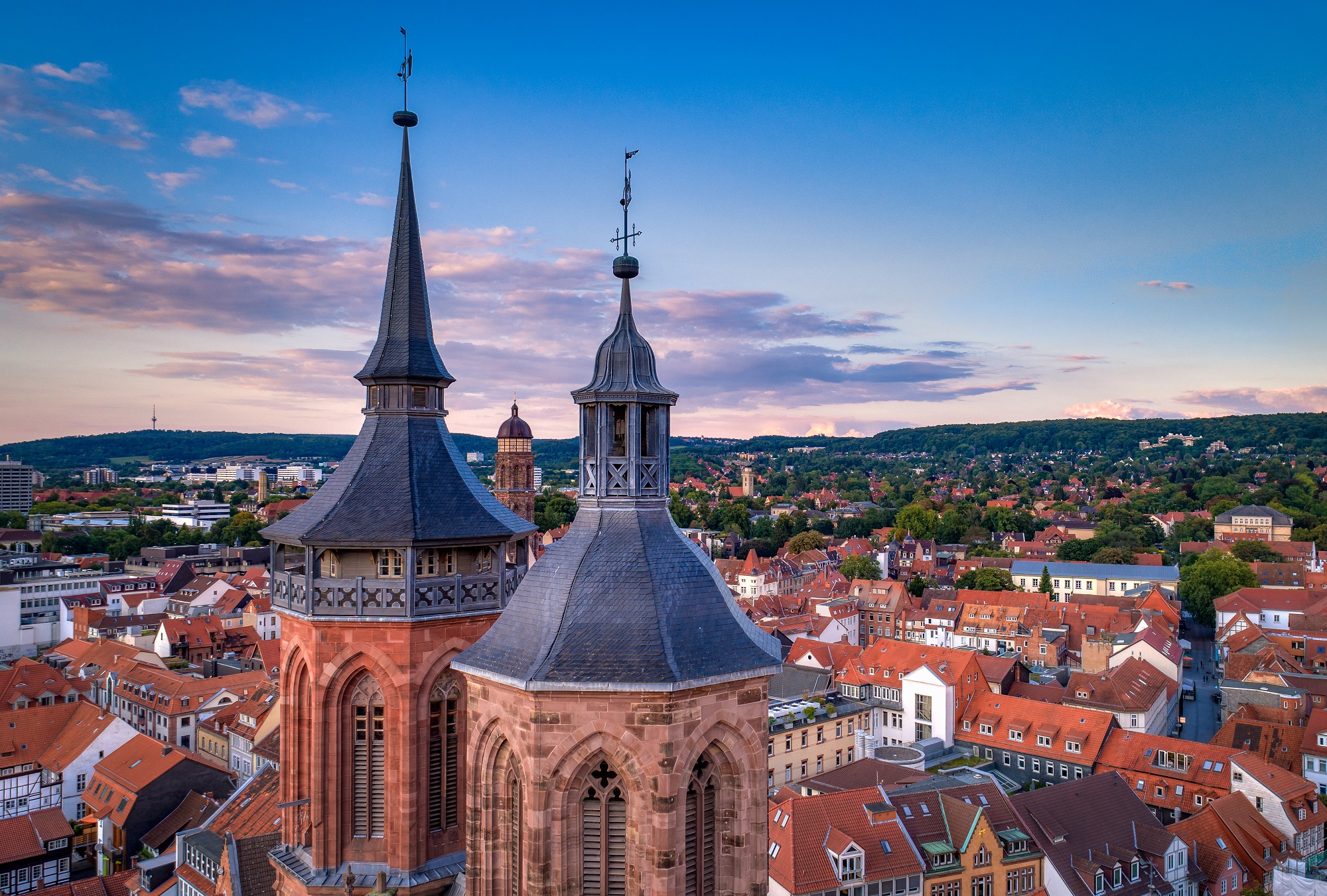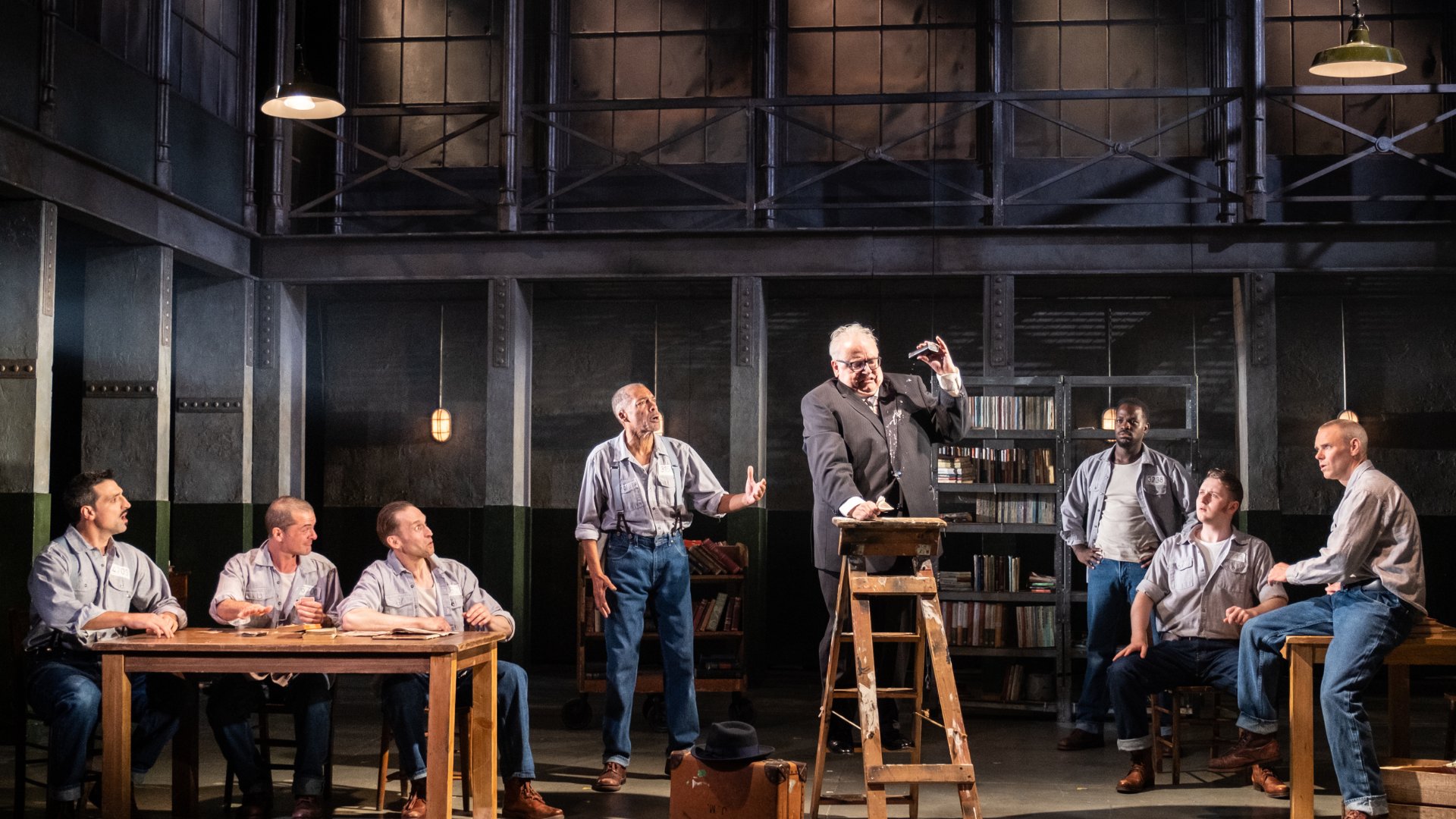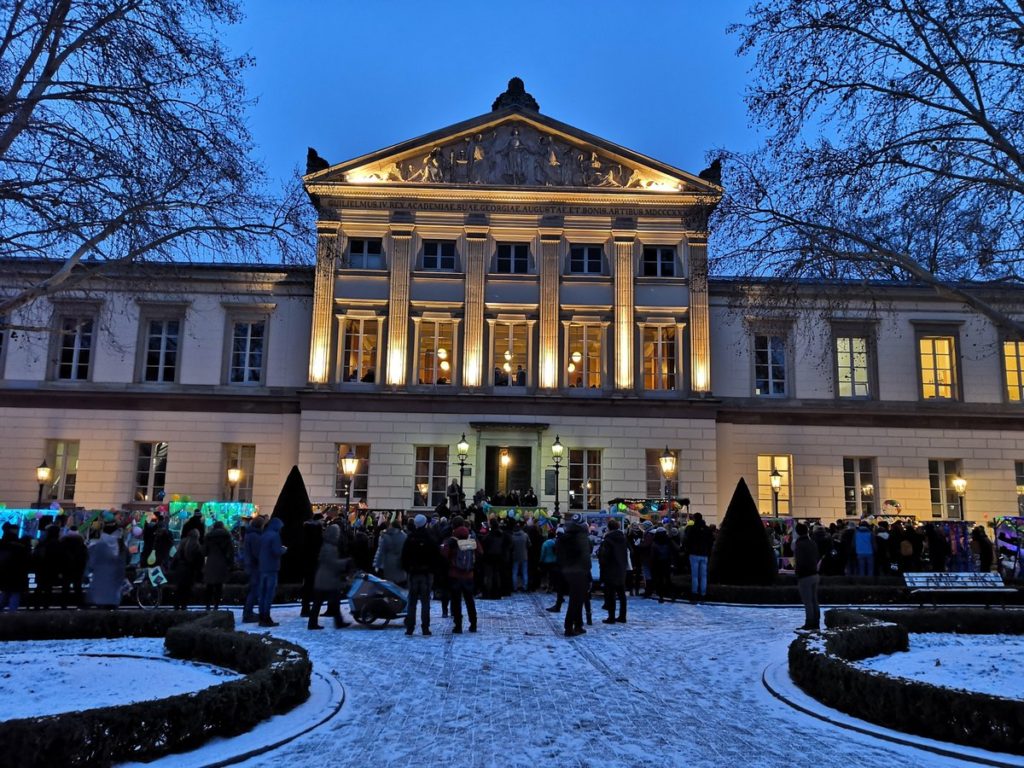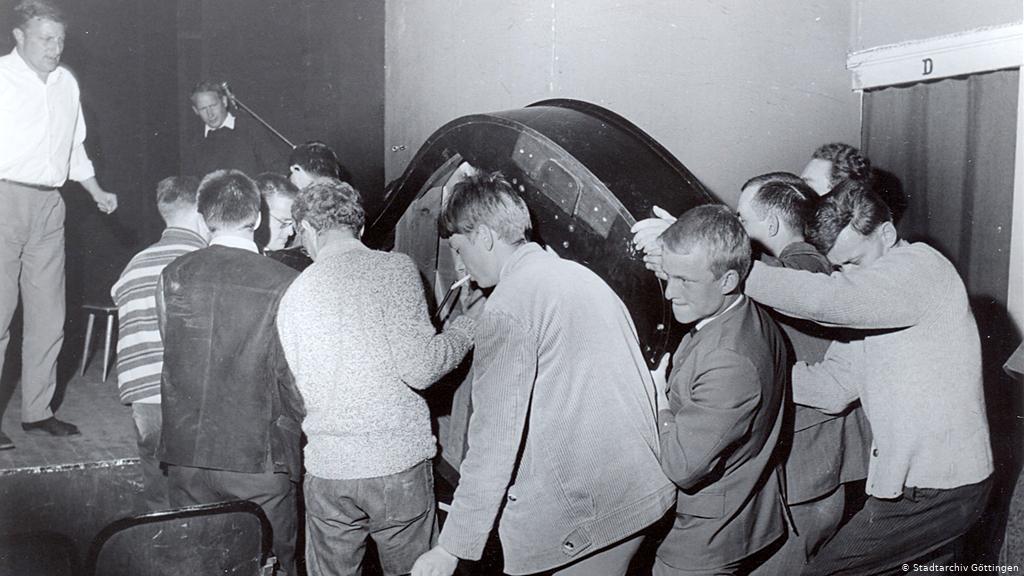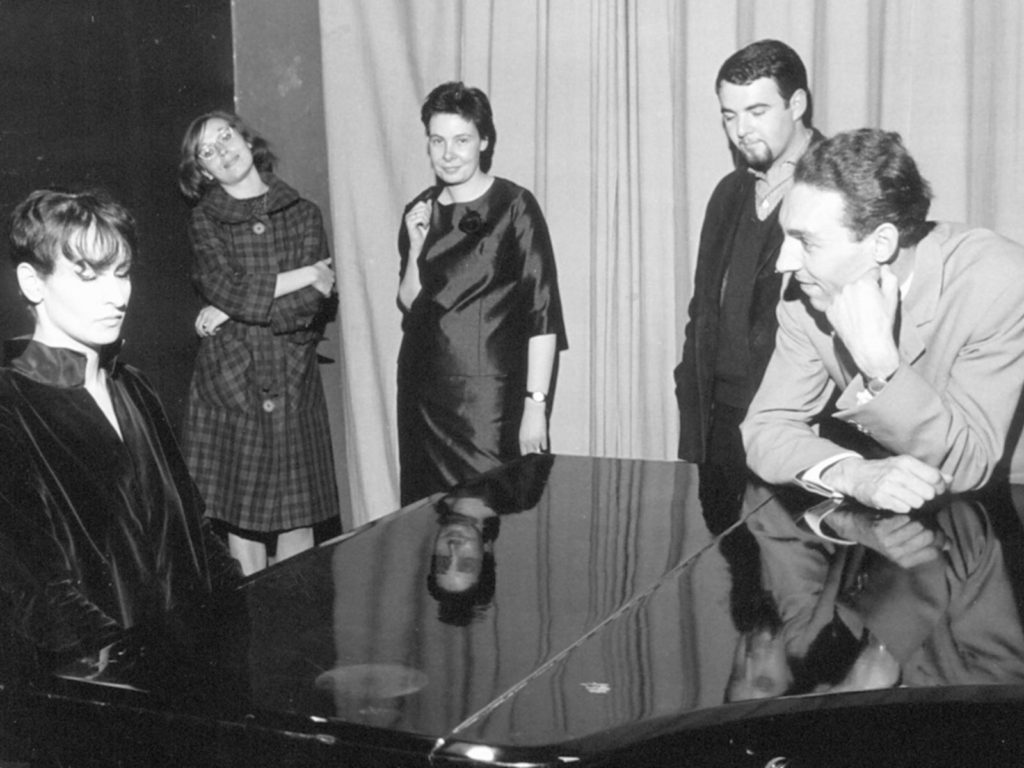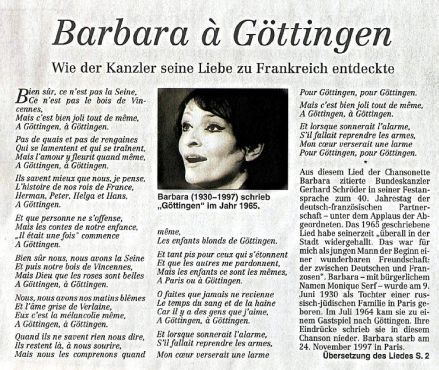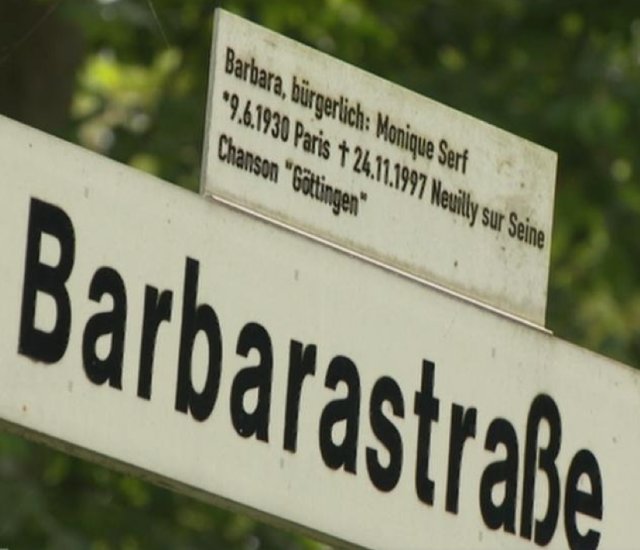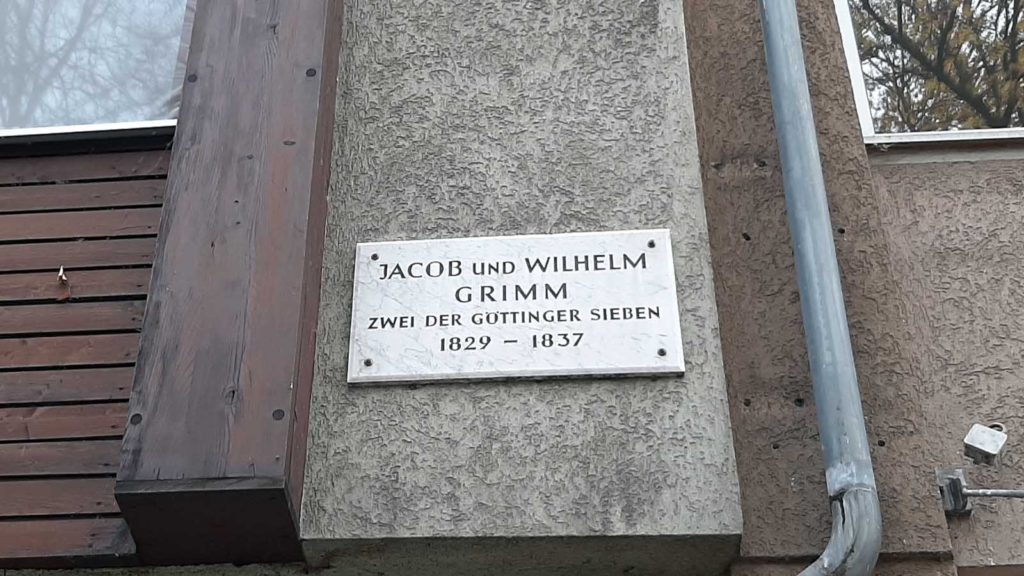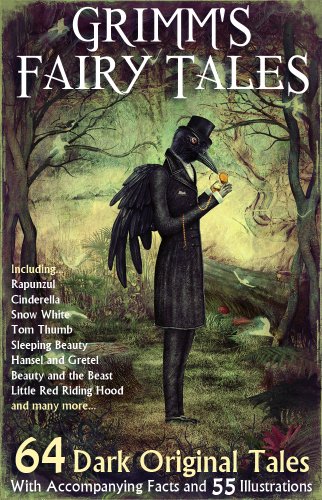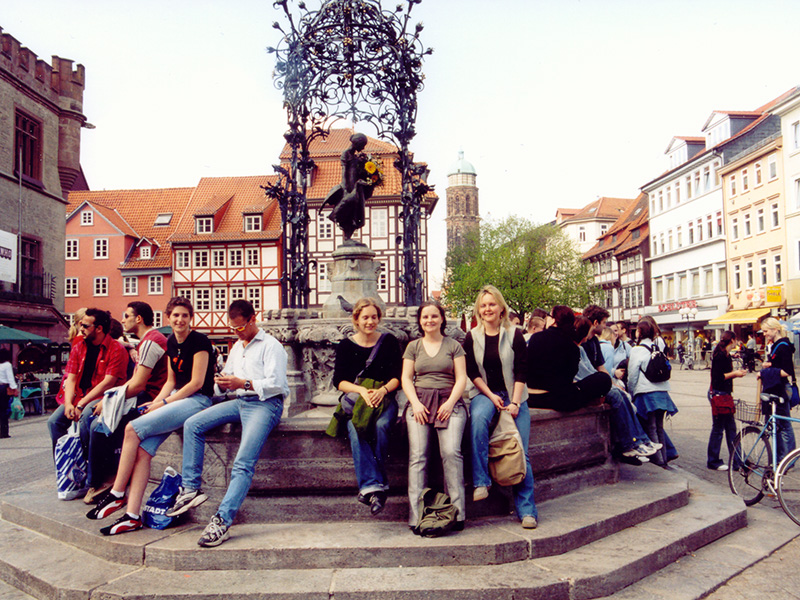For almost six months, I lived in Göttingen on the Paulinerstraße. It was the length of a university semester as an Erasmus exchange student. That’s where I learned German, even though today, lacking practice, I only have few leftovers.
In the German world, this small town in Lower Saxony is known for its prestigious university. In French, Göttingen mainly evokes a famous song by Barbara which became an ode to Franco-German reconciliation after World War II. Its origin is a beautiful story.
Barbara is at the beginning of her career, when in 1964, a young German theater director, Hans-Gunther Klein, invites the French singer to perform in Göttingen. Born in 1930, the young Jewish teenager had to go into hiding in the French countryside during the war to escape the roundups. She goes to Germany without any enthusiasm. She had asked to play on a grand piano because she wants to see the audience. When she arrives at the theater to rehearse, she finds herself in front of an upright piano and refuses to sing. A group of students scrambles to find a grand piano and carry it to the stage. The concert was a success and Barbara, moved by the warm welcome she received, extended her singing tour. Two days before her departure, she composed in a few hours the song “Göttingen” in the theater’s gardens and dedicated it to the public during her last concert. She would later return to Germany to sing the text in German.
The last two verses express the hopes of a reconciliation between Germany and France. At the time, this was still far from being evident, even if one year before, in 1963, de Gaulle and Adenauer had signed the Elysée Treaty consecrating the friendship between the two countries:
« May never come back
The time of blood and hatred
Because there are people I love
In Göttingen, in Göttingen.
When would ring the alarm
If we had to take up arms again
My heart would shed a tear
For Göttingen, for Göttingen. »
Barbara died in 1997. Since then, the city of Göttingen has honored her by giving her name to a street.
Another verse in Barbara’s song evokes also one fact ensuring the city’s place in German literary history.
« Don’t get offended,
But the tales of our childhood,
“Once upon a time” start
In Göttingen. »
The text refers to the tales and legends of the Germanic tradition collected and edited in the 19th century by the brothers Jacob and Wilhelm Grimm, two philologists who were professors at the University of Göttingen. Barbara seemed to have visited their house during her stay. The Grimm Brothers are known for writing a historical dictionary of the German language and for being among the “Göttingen Seven”, a group of professors who protested against a new, rather authoritarian constitution promulgated by King Ernest-August of Hanover in 1837. This led to their expulsion from the university.
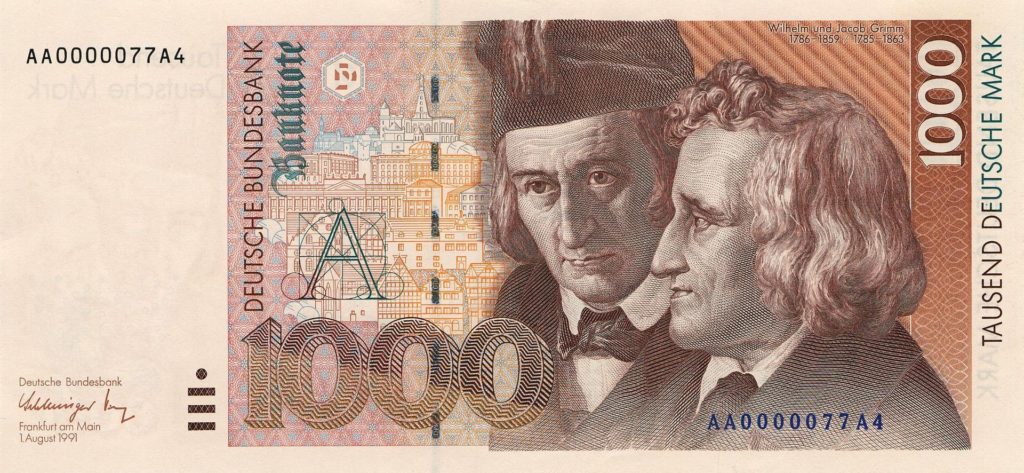
But the Grimm Brothers are most famous for their collection of “Children’s and Household Tales”. If this name doesn’t ring a bell, here are a few titles that should help: Snow White, Hansel and Gretel, The Musicians of Bremen, Rapunzel, not to mention the German versions of Cinderella and Sleeping Beauty. Walt Disney owes a great deal to the two brothers, as does Richard Wagner, whose operas Tannhäuser and Lohengrin were inspired by German legends collected by the duo of philologists.
It was thirty years ago that I was studying in Göttingen. At first glance, this anniversary shouldn’t make me feel any younger. And yet I remember this stay as if it were yesterday. It is indeed in this city that, for my wife Céline and I, began a beautiful story. And we are not done writing it.
